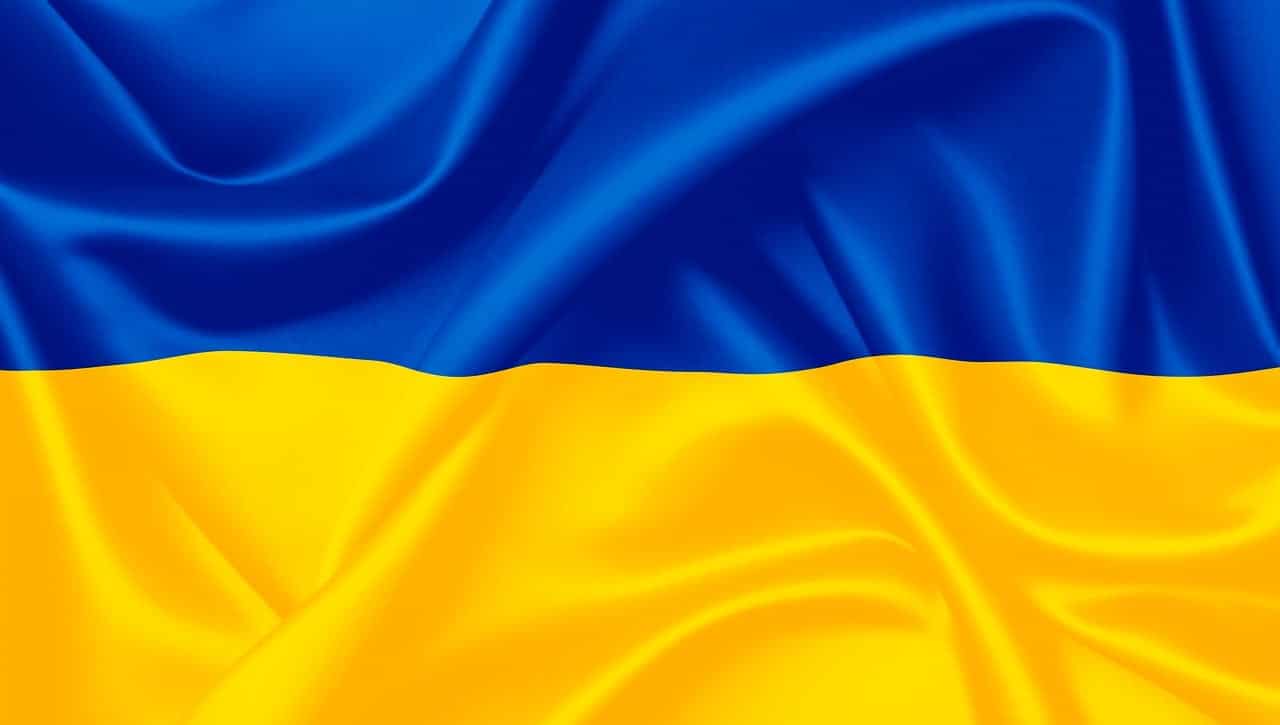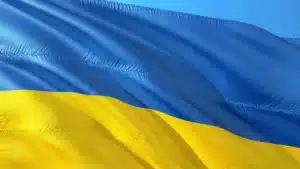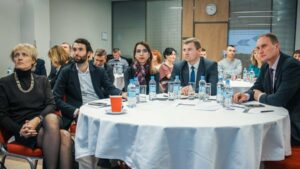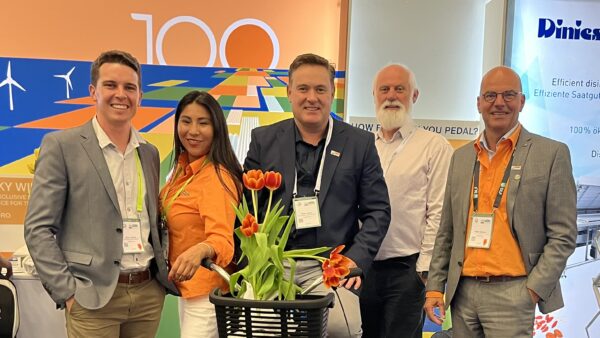When Russia invaded Ukraine on 24 Feb. 2022, the biggest attack on a European country since the Second World War began. Now, more than 600 days after the invasion, it is easy to overlook all the regular seed related developments that are also happening in Ukraine. To find out more, Seed World Europe spoke with Siuzana Grygorenko, Executive Director of Seed Association of Ukraine.
Seed World Europe (SWE): Siuzana, can you share a bit about what is going on in your country? How is the war impacting the Ukraine seed sector?
Siuzana Grygorenko (SG): The full-scale war has transformed the entire agricultural sector of Ukraine with no exception. Its proper functioning is hindered greatly by both mined and occupied territories, ongoing mass shelling, the lack of electricity and infrastructure damage. All of those directly impact logistics capabilities, crop preservation, and the search for trade routes and exports.
Despite the challenges, Ukrainian farmers continue to operate, seeking solutions and often working without profit. The agricultural sector is a major source of foreign currency earnings for the country, and now it requires support, assistance, and cooperation with partners. Everyone understands that this challenging period must be endured, to harness potential and resources, and to work towards our shared victory. Nevertheless, the unpredictability makes any long-term planning and forecasting impossible. Therefore, on one hand, there’s an intensified effort to boost domestic processing and attract investments; on the other, there’s a constant need to adjust plans and actions to the shifting realities.
According to Forbes, since the onset of the full-scale invasion, the export of Ukrainian goods has decreased by 35 per cent. This is due to a general reduction in production, with some areas under occupation or rendered unusable; fewer trading partners, blocked logistics routes, reduced production volumes in some cases, and restrictions placed on Ukrainian grain imports. Previously, the EU imposed limitations on importing Ukrainian agricultural products to several neighbouring countries, which adversely affected the reputation and led to losses for producers, and consequently, the economy.
Amidst these changes, including political ones, EU countries also face challenges. However, this remains a united front for freedom against tyranny. The strength lies in the trust and dialogue amongst partners.
SWE: Ukraine adopted the new Euro-integration law regulating seeds and varieties. What will now be changing for the Ukraine seed sector?
SG: This law is a step towards European integration. The seed sector began its integration in 2011, making this legislation another advancement in that direction. Its timely adoption is both anticipated and necessary. Clear rules and their responsible enforcement are what our partners expect from us. Ukrainian producers can now more easily and quickly (without two-year-long studies) introduce new varieties that are registered in the EU and/or the USA. The document also delineates issues related to the registration of parental components, a sensitive matter for breeding companies. Regarding seeds, manufacturers have been permitted to determine the seeding qualities of the seeds. Additionally, the process of importing non-registered varieties in Ukraine for research purposes has been simplified. There’s also clarity brought to the roles and responsibilities of relevant authorities, with a streamlined application process for electronic registrations and expedited document reviews.

SWE: I understand that the Ukraine Parliament adopted a new GM law. Can you explain a bit more about that law, and how does the Ukraine seed sector feel about it?
SG: The seed sector and the Seed Association of Ukraine support the need for clear GMO regulation. The primary objectives of the new legislation are to regulate the laws in this domain and align them with European standards. As Ukraine aspires to integrate into the European Union, this is a crucial step for us. Moreover, we are pleased that lawmakers have listened to market participants, resulting in legislation that, while framework-based, is substantive and includes provisions like timelines, oversight, and risk assessment.
The new law also establishes state control in granting GMO use permits, strengthens the risk assessment system related to GMOs, and the consumer rights protection domain has its perk — updated labelling requirements. Furthermore, new enforcement mechanisms have been introduced, including fines and procedures for the removal and disposal of illegal GM products.
The legislation restricts the testing and research of genetically modified corn in open environments, its official registration, its market introduction, and its import to Ukraine. The only exception is when importing for closed-system scientific study, given there’s a valid permit in place. Moreover, the growth of genetically modified sugar beets and rapeseed is limited to a period of five years, barring instances where they’re grown for open-system research and tests with the necessary authorization.
Looking ahead at Ukraine’s prospective EU membership, this law will nullify all GMO endorsements as per Ukrainian standards, except those greenlit by the EU. My interpretation is that once Ukraine joins the EU, the cultivation of GMOs which have the Ukrainian nod but lack EU authorization will be considered illegal.
Certainly, we have much work ahead in the development of secondary legislation and open databases, but the direction is set correctly. The GMO field in Ukraine should be transparent and accessible, ensuring safety for both consumers and the environment. The adoption of the GMO regulation law is a clear signal that Ukraine is systematically and consistently moving towards joining the EU.
SWE: We all read in the newspapers that several EU countries banned cereal imports from Ukraine. What is your take on this ban?
SG: In early October 2023, the European Union lifted its ban on the import of four categories of agricultural products from Ukraine. This decision concerns five neighbouring countries. In this context, Ukraine is to support initiatives that will prevent financial distortions in these states. Part of the legal obligations includes implementing an export licensing system to prevent sharp price spikes in grain.
The response from neighbouring countries varied. Bulgaria lifted the ban on the export of Ukrainian grain, Romania agreed to the new obligations set for Ukraine. However, Poland, Hungary, and Slovakia are still considering possible solutions.
We are disheartened by the excessive politicisation of these events, yet we respect our partners’ decisions and continue the negotiations. After all, Ukrainian farmers, like all Ukrainians, are going through genuinely tough times, and their resilience is admirable. Through our work and taxes, we help our nation stand against Russia. We do this in all areas, even in frontline territories, in the face of deadly risks, while our nation and the heroic Armed Forces of Ukraine have been holding back the Russian onslaught for nearly two years. We stand for support, cooperation, and healthy competition.
SWE: The situation in your country cannot be easy, and you are living under martial law. Can you give some examples on how this is complicating your life.
SG: Apart from the constant danger and chronic stress experienced by all Ukrainians, during the warmer months, farmers can’t conduct fieldwork at night due to the curfew. The Russian invasion has also disrupted many logistical routes and directions that took years to develop, especially sea and river routes. Presently, farmers have to find ways to navigate this situation to save their crops. And we can’t overlook the ongoing mobilisation, which also affects the agricultural sector, leading to potential staff shortages. At times, there’s even the heartbreak of burying those who worked alongside you. Without a doubt, these are the hardest moments of the war. Additionally, farmers are now preparing for more attacks on infrastructure and power outages, leading to high expenses for generators and fuel. While everyone is counting on the efficiency of the energy sector and our anti-aircraft units, we must still anticipate blackouts and potentially days without power.













